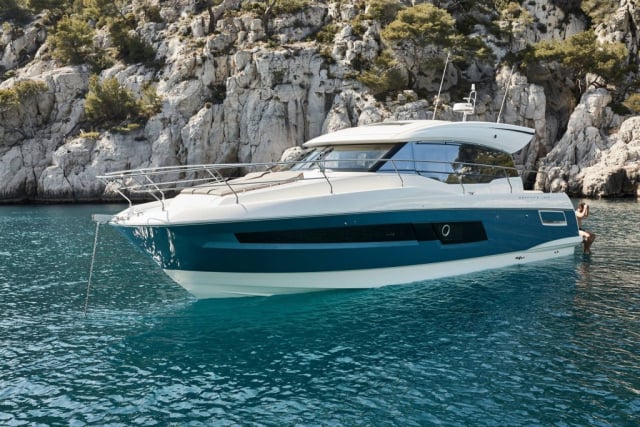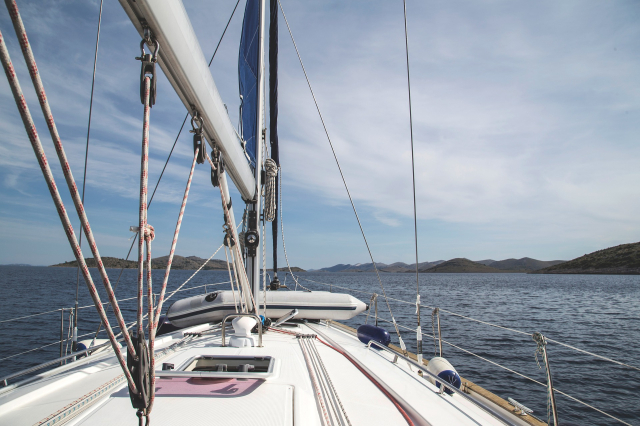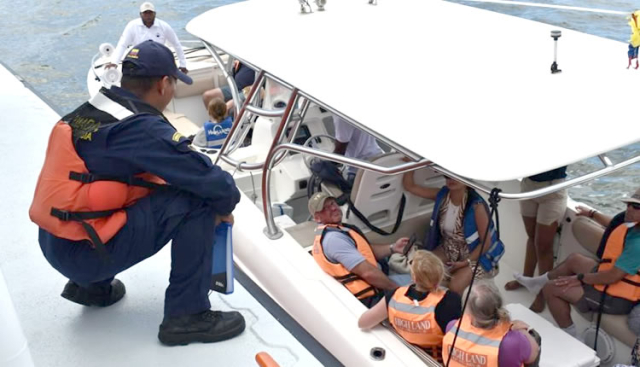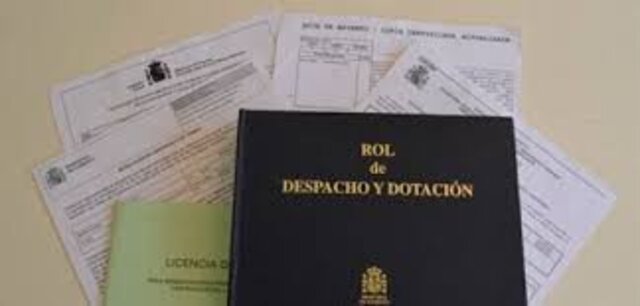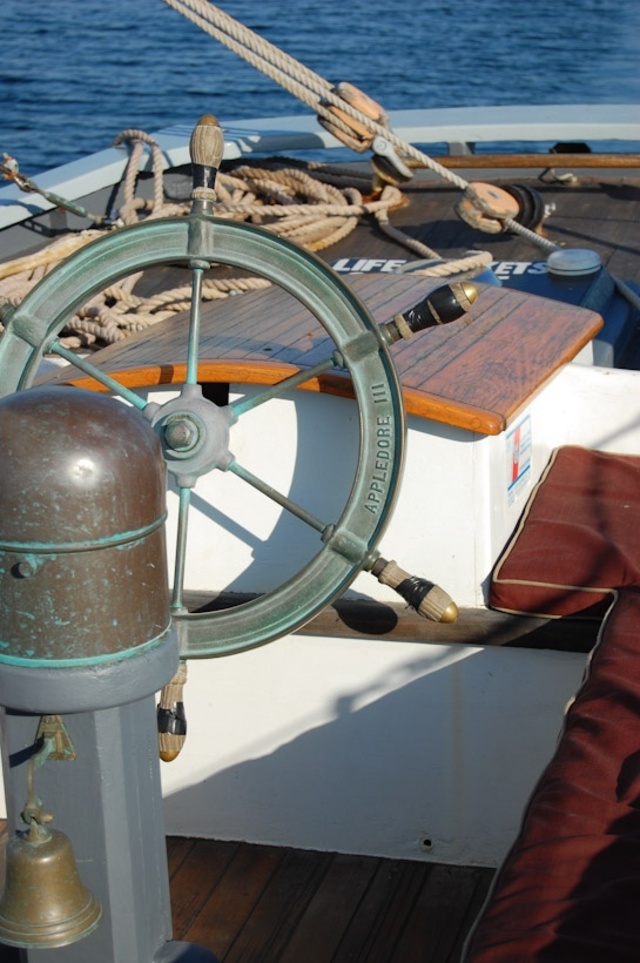Buying a boat is a dream for many, but there is more to the process than just choosing the right model and negotiating the price. It is essential to be aware of the required documentation and paperwork to ensure that the purchase is legal, safe and smooth . Each country has specific regulations regarding boat registration, taxes and insurance, so knowing these rules is essential to avoid future problems.
Registering a boat is not only a legal obligation, but also a protection for the owner. By registering the boat, you obtain an official identification that supports ownership and allows its navigation in national and international waters. Additionally, having the appropriate insurance not only safeguards your investment, but also guarantees compliance with current regulations in the maritime sector.
You may also be interested in: How much does it cost to maintain a boat?
Maritime registry

Registering your boat is an essential requirement for it to be able to sail legally. The maritime registry acts as the "identity document" of the boat, providing information about the owner, the characteristics of the boat and its intended use. This procedure can be carried out with the maritime authorities or port captains, depending on local laws. Generally, the requirements include the purchase invoice, the sales contract, the construction declaration (in case of new boats) and identification documents of the owner. A technical inspection may also be required to certify that the boat complies with safety regulations.
The process also involves assigning a name and port of registration to the vessel, as well as receiving an identification or registration number. It is important to mention that registration not only allows you to sail in your country, but is also required to access international waters. In some cases, you may also need a certificate of seaworthiness to ensure that the vessel is in optimal condition to operate. Keeping your paperwork up to date and meeting renewal requirements is key to avoiding fines or restrictions.
You may also be interested in: Complete guide to buying your first boat
Taxes and insurance for boats

Taxes associated with purchasing a vessel can vary widely by jurisdiction, but generally include value-added taxes (VAT), import fees (if the vessel is purchased overseas), and administrative costs associated with registration. It is important to consult with a tax advisor or maritime attorney to ensure that you are in compliance with all tax obligations. Ignoring these aspects could result in fines, delays in the registration process, or even seizure of the vessel.
When it comes to insurance, having the right policy is a must-have investment. Basic boat insurance includes property damage coverage, liability, and protection against risks at sea, such as hurricanes or collisions. Some countries require mandatory insurance to sail in national waters or dock at certain ports. Be sure to compare different insurance options and choose a policy that suits your specific needs, considering factors such as the size of the boat, its use (recreational or commercial), and the areas where you plan to sail.
You may also be interested in: The best boat brands to buy
Tips for a legal and problem-free purchase

Buying a boat safely starts with checking its history. Before signing any contract, make sure the seller is the legal owner of the boat and that there are no liens, debts or outstanding disputes associated with the boat. Request a copy of the title deed and check that the details match the documents in the maritime registry. If the boat is second-hand, it is also advisable to have a thorough inspection by a marine surveyor to ensure that it is in good condition.
Additionally, it is crucial to formalize the transaction with a detailed sales contract that specifies the conditions of the purchase, the price, the responsibilities of the seller and the buyer, and any guarantees offered. This document must be signed before a notary or with legal validation to avoid future disputes. Finally, make sure to comply with the registration and tax deadlines and requirements immediately after the purchase to avoid penalties. With these steps, you can enjoy your new boat with complete peace of mind.
You may also be interested in: New boats vs second-hand boats
Necessary inspections and certifications

Before you complete the purchase of a boat, it is essential to carry out inspections and obtain the necessary certifications to ensure that the boat is in top condition. Inspections typically include a structural review of the hull, an evaluation of the engine, and a check of the electrical and navigation systems. It is advisable to hire an independent marine surveyor to carry out this assessment, as their experience can help you identify hidden problems that could lead to significant costs in the future.
Certifications, such as a certificate of seaworthiness, are also essential to comply with legal requirements and ensure safety at sea. This document attests that the boat meets safety standards and is properly equipped for sailing. In some cases, you may also need an environmental certification, especially if you plan to operate in protected areas or under strict regulations. Performing these checks before finalizing the purchase is a crucial step to avoid unpleasant surprises.
You may also be interested in: Recommendations for buying a boat
Requirements for sailing in international waters

If you plan to use your vessel in international waters, you will need to meet additional requirements beyond basic registration. These include the need to obtain a flag of convenience or international registration, which allows your vessel to be recognized and accepted in foreign ports. This process may involve additional costs and specific requirements depending on the country of registration.
Additionally, you will need documents such as a boat passport (which includes technical and legal information about the boat), international liability insurance, and in some cases special permits to navigate in restricted areas. It is also essential to be aware of the regulations of each country you plan to visit, including customs and health rules. Complying with these requirements will ensure a smooth sailing experience internationally.
We invite you to take a look at other articles at: https://yate.co/en/blog


